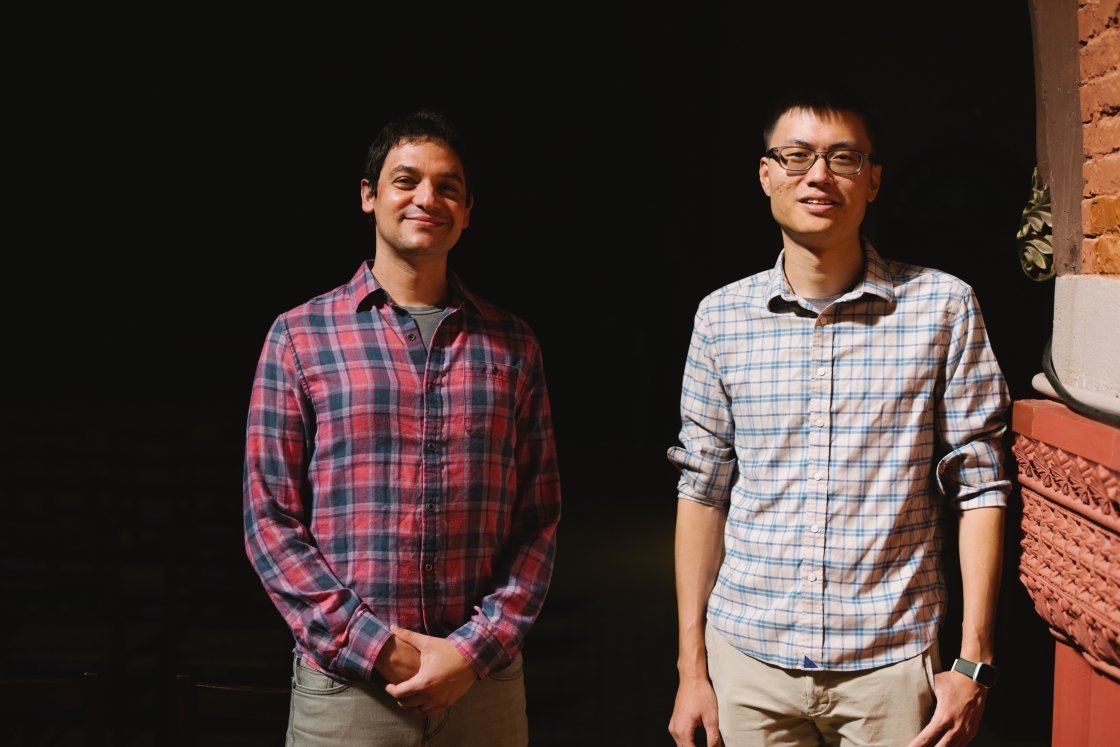August 4, 2016—To explain events that may inspire conspiracy theory beliefs, governments often disclose information to the public. However, these documents are often heavily redacted, which may fuel conspiracy theory beliefs rather than debunk them, according to a Dartmouth study published this week in the Journal of Experimental Political Science. (A pdf of the study is available upon request).
The study, which was conducted by Brendan Nyhan, professor of government at Dartmouth, and nine undergraduate students from his seminar, is the first to evaluate how redactions affect beliefs in conspiracy theories and to assess how the format of corrective information affects belief in a conspiracy theory.
Nyhan and his co-authors examine beliefs about the cause of the 1996 explosion of TWA Flight 800 at Kennedy International Airport, which was caused by the ignition of a flammable fuel/air mixture. (Conspiracy theorists instead attribute the crash to an accidental U.S. Navy missile strike.)
In each of the two experiments that the authors conducted, approximately 2,500 online participants from the U.S. were asked to read an overview of the TWA Flight 800 crash and then randomly assigned either to read three documents supporting the official explanation for the crash or to a control condition that contained no official documentation. Those who were asked to read the documents were presented with either unredacted text or text with areas highlighted in black to make the text look as if it had been redacted (no information was actually withheld). Finally, all respondents responded to a series of questions assessing their beliefs about the cause of the crash. (See Appendix of the journal article for examples of the materials used in the study.)
The authors found that conspiracy beliefs were more prevalent when documents were redacted than when they were not redacted even though respondents saw the exact same information. This effect reduced or eliminated the corrective effect of the documents on conspiracy beliefs compared to people in the control condition.
The study’s findings indicate that when the government withholds information, people are more likely to become suspicious and endorse conspiracy theories, undermining the goal of dispelling these beliefs among the public.
Dartmouth Professor of Government Brendan Nyhan is available for comment at brendan.j.nyhan@dartmouth.edu.
Three authors of the study – Sasha Dudding ’15, Nyhan and Heather Szilagyi ’15 – provide an overview of their findings on The Washington Post’s Monkey Cage. In their post, they discuss the relevance of their findings to the controversy over the missing “28 pages” from the Congressional inquiry into the 9/11 terrorist attacks.

